Airline Sparks Outrage with Controversial New Plus-Size Seating Rule
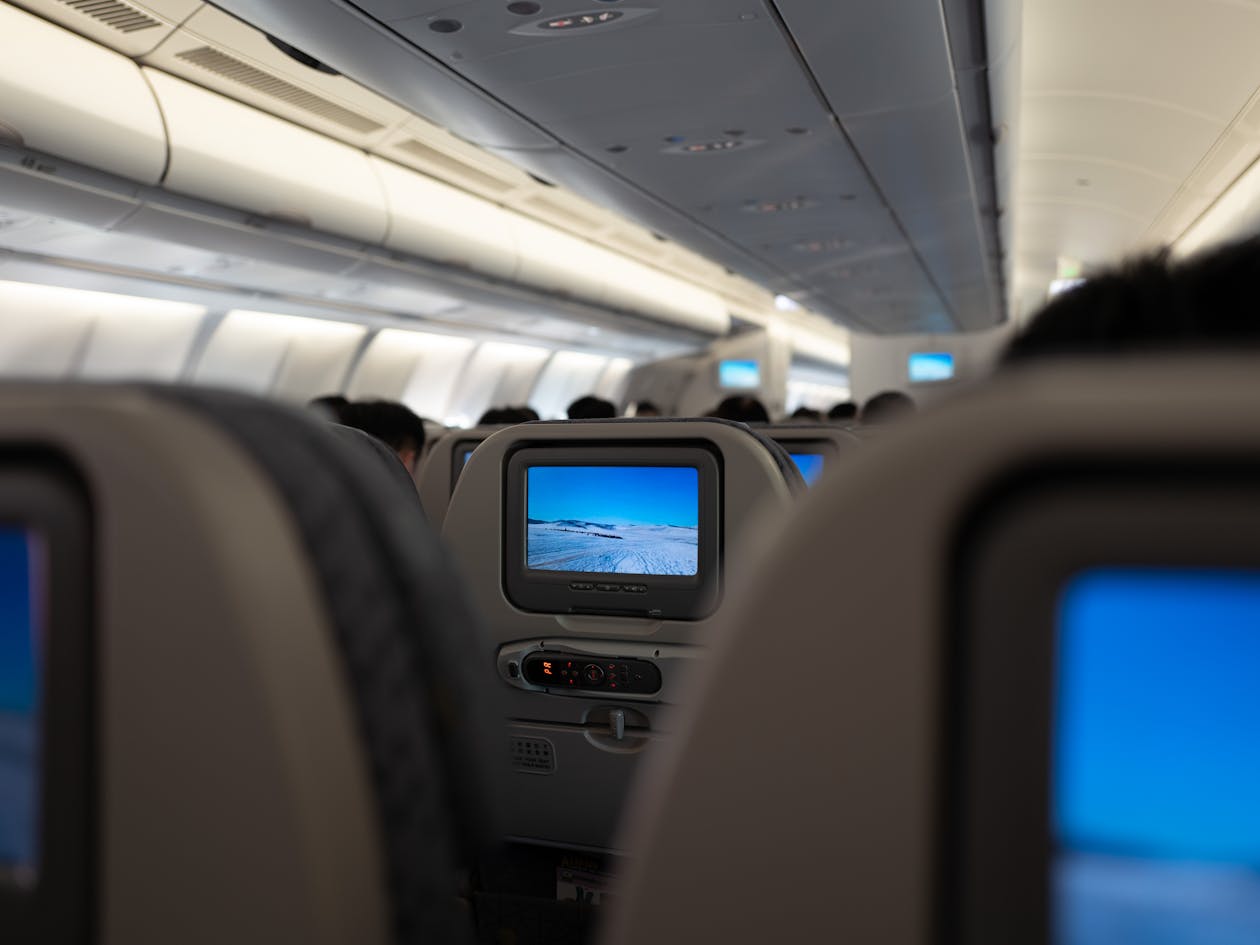
January 27th marks more than just another day on the calendar for millions of air travelers. Southwest Airlines will implement a policy change that fundamentally alters how passengers book flights and budget for travel expenses. What seems like a simple seating adjustment has ignited fierce debates about fairness, accessibility, and corporate responsibility.
Social media erupted with passionate responses from both supporters and critics. Some call the change long overdue, while others condemn it as discriminatory profiteering. Behind this controversy lies a larger story about how airlines balance profit margins with passenger comfort, and whether air travel is becoming a luxury service that excludes certain travelers entirely.
Southwest Airlines Drops Bombshell Policy Change
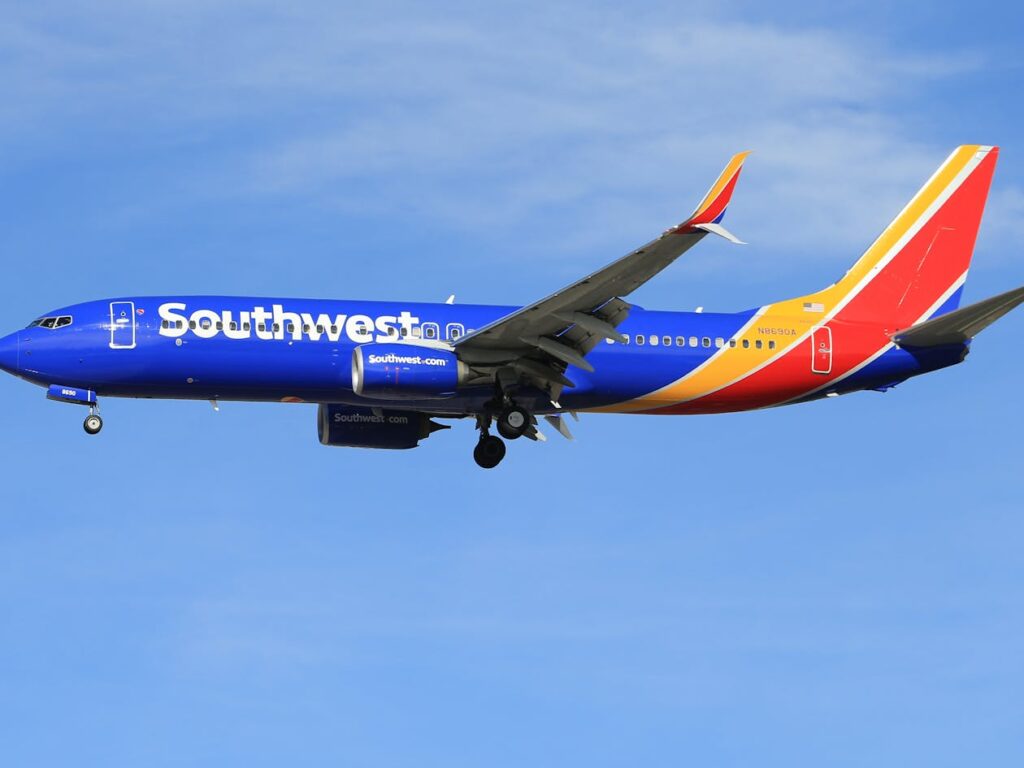
Southwest Airlines announced that starting January 27th, passengers who don’t fit within a single seat’s armrests must purchase an extra seat in advance. This represents a major shift from their current system, which allows plus-size travelers to request free extra seats at airport gates when available.
Policy changes don’t happen in isolation at Southwest. January 27th also marks when the airline abandons its famous open seating system for assigned seats, ending decades of passenger choice that helped define the brand’s identity.
Under current rules, plus-size passengers can either buy extra seats upfront with guaranteed refunds later, or discuss their needs with gate agents for free accommodations. Airport staff work with travelers to find solutions that maintain comfort for everyone while avoiding public embarrassment.
Southwest’s announcement creates urgency for affected passengers who must now plan differently for upcoming trips. “To ensure space, we are communicating to Customers who have previously used the extra seat policy that they should purchase it at booking,” the company stated.
Current System vs New Rules Create Major Shift
Today’s policy offers flexibility that many passengers have come to depend on. Travelers can arrive at airports knowing that gate agents will help them secure adequate seating space without additional costs when flights aren’t full. Guaranteed refunds for advance extra seat purchases provide financial certainty.
New rules eliminate this safety net entirely. Refunds become possible but not guaranteed, depending on flight capacity and booking class requirements. Passengers lose the certainty that made Southwest appealing to travelers of various body sizes.
Financial planning becomes more complicated under the new system. Families must budget for potentially unnecessary extra seats or risk paying higher prices at airports. Travel agents report increased anxiety among clients who previously relied on Southwest’s accommodating policies.
Airport gate agents will face more difficult conversations as passengers arrive without advance extra seat purchases. Staff must balance customer service with new policy requirements while maintaining operational efficiency during busy boarding periods.
Armrest Rule Becomes Expensive Requirement
Southwest’s armrest measurement creates a clear but potentially costly standard for passengers. Anyone whose body extends beyond these boundaries must pay for additional space, turning physical dimensions into financial obligations.
Passengers who skip advance purchases face mandatory airport seat buying or automatic rebooking to later flights. Full flights eliminate flexibility entirely, forcing travelers onto different schedules that may disrupt connections, hotel reservations, and business meetings.
Last-minute seat purchases at airports typically cost more than advance bookings, creating additional financial pressure for passengers who miscalculate their needs or encounter unexpected booking complications.
Weight limits and safety regulations have long governed air travel, but translating body dimensions into ticket requirements creates new categories of passenger classification that some critics find troubling.
Social Media Explodes with Divided Reactions
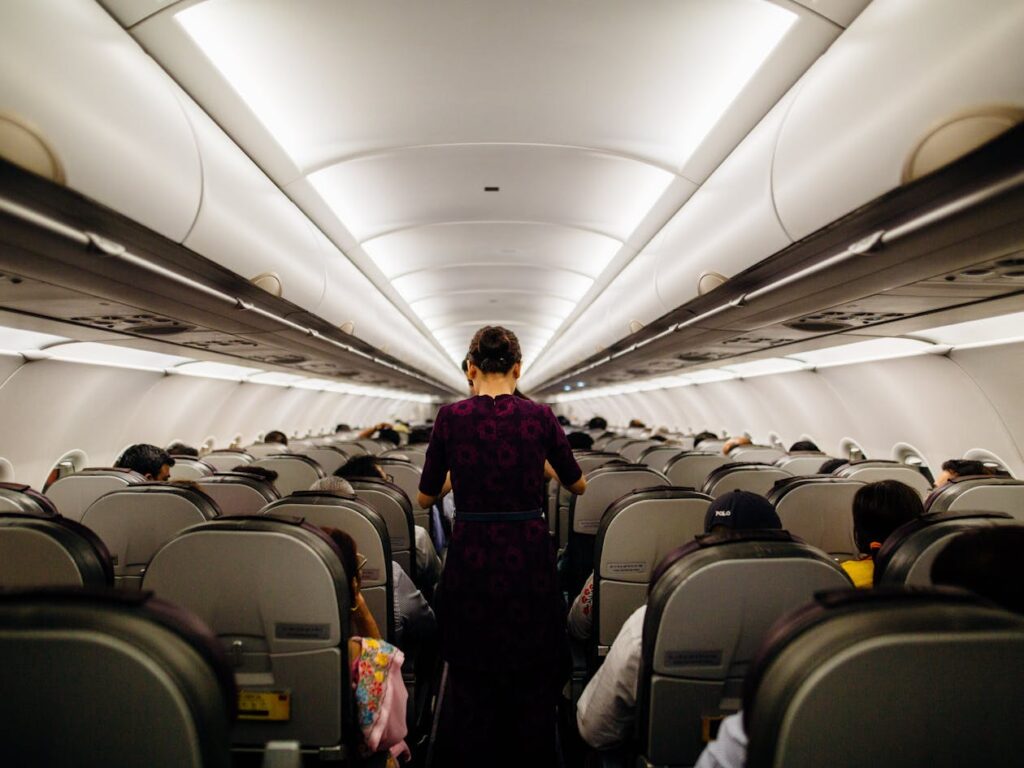
Online discussions reveal deep cultural divisions about body size, fairness, and airline responsibilities. Supporters argue that passengers should pay for the space they occupy, framing the policy as simple economic logic.
“Exactly. If you’re big enough to take up 2 seats, pay for 2 seats,” one social media user wrote, reflecting common sentiment among policy supporters who view extra charges as fair compensation for extra space usage.
Critics counter that seat shrinkage across the industry affects travelers of all sizes. “I get it, having a larger person next to you can be uncomfortable. But I’m 105 pounds and still feel squished in those seats. Maybe the airlines should quit making the seats smaller,” another commenter noted.
Debates extend beyond individual passenger experiences to broader questions about accessibility, discrimination, and whether air travel should accommodate human diversity or prioritize profit margins over passenger comfort.
Travel Expert Calls Policy Backward Step
Jason Vaughn, who operates Fat Travel Tested and provides travel advice for plus-size passengers, criticizes Southwest’s policy change as harmful to all travelers. His expertise comes from years of helping clients navigate airline policies while maintaining dignity and comfort.
“I think it’s going to make the flying experience worse for everybody,” Vaughn explained, arguing that current policies benefit passengers of all sizes by ensuring adequate space distribution throughout aircraft cabins.
Vaughn views the change as part of Southwest’s broader identity crisis as the airline abandons customer-friendly policies that once differentiated it from competitors. “They have no idea anymore who their customer is. They have no identity left,” he observed.
Travel industry professionals report increased client concerns about airline policies becoming less accommodating. Agents must now factor extra seat costs into travel budgets for clients who previously enjoyed predictable pricing.
Financial Pressure Drives Customer-Unfriendly Changes
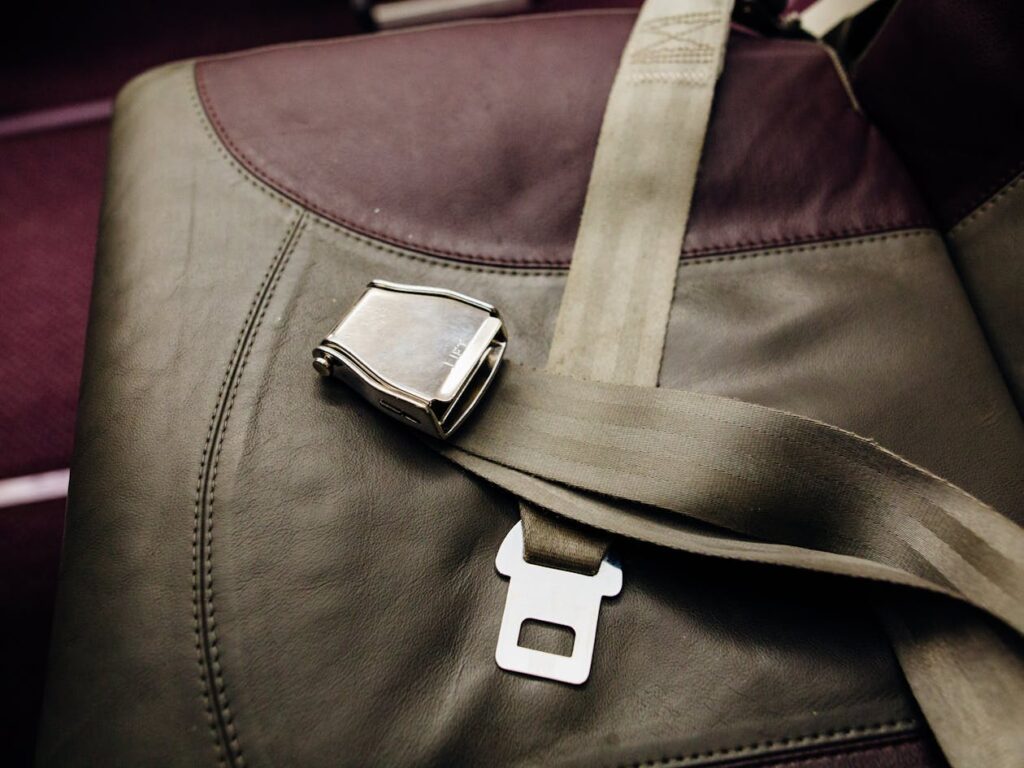
Southwest faces pressure from activist investors to increase profits and revenue through service modifications. Airlines across the industry are implementing similar changes as they seek new income streams from existing passenger bases.
Recent financial struggles have pushed Southwest to reconsider policies that prioritized customer satisfaction over profit maximization. Investor demands for improved returns clash with the airline’s historical focus on affordable, accessible air travel.
Plans to convert one-third of Southwest’s fleet to premium seating with extra legroom align with industry trends toward segmented service levels. Passengers increasingly must pay extra for features that were once standard.
Red-eye flights and additional legroom charges join extra seat requirements as new revenue generators that transform Southwest’s business model from budget carrier to traditional airline.
Free Baggage Policy Already Eliminated This Year
May 2024 marked another significant change when Southwest ended its decades-long policy of free checked baggage. First bags now cost $35, while second bags require $45 payments, with weight and size restrictions applying.
Free luggage had been one of Southwest’s most distinctive features, helping travelers save money while building brand loyalty. Eliminating this benefit removed a key competitive advantage that attracted cost-conscious passengers.
Pattern recognition suggests systematic dismantling of customer perks in favor of profit-driven policies. Southwest appears to be following the path of other airlines that once offered more generous passenger benefits.
Baggage fee implementation prepared customers for additional policy changes, making extra seating charges seem like natural progression rather than dramatic departure from company values.
Refund Process Creates New Bureaucratic Hurdles
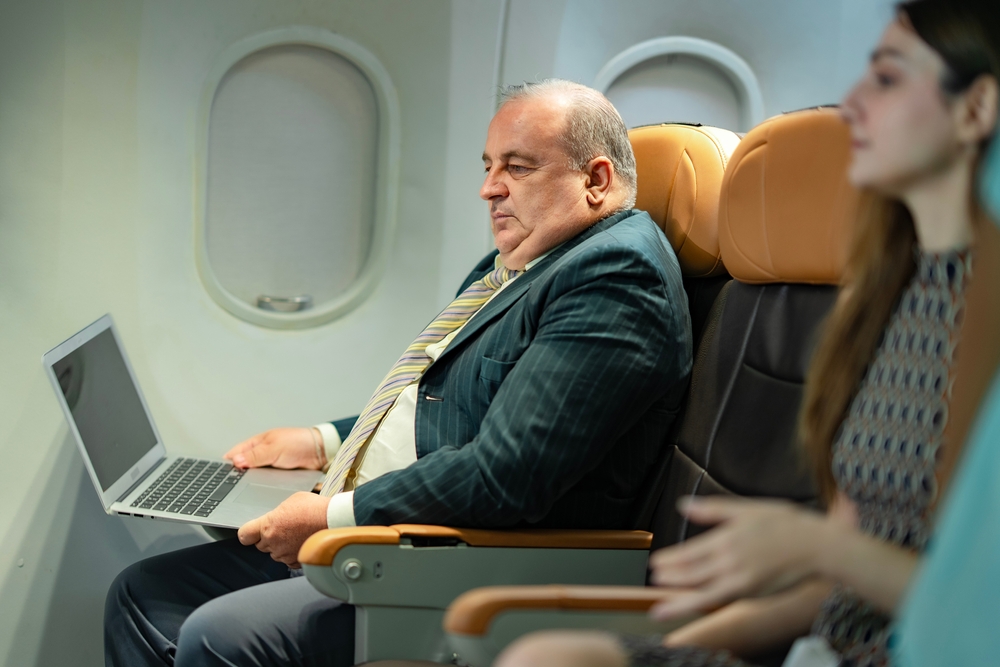
New refund requirements create multiple conditions that passengers must meet to recover extra seat costs. Flight capacity at departure time determines eligibility, while passengers must request refunds within 90 days of travel.
Same booking class requirements complicate refund processes for passengers who modify their reservations or receive upgrades. Complex conditions make refunds less likely and more difficult to obtain.
Uncertainty about refund eligibility makes travel budgeting more challenging for affected passengers. Families cannot predict whether extra seat purchases will be refunded, forcing them to assume additional costs.
Customer service workload increases as staff must process more refund requests while explaining complex eligibility requirements to confused passengers.
Airport Experience Becomes More Stressful for Affected Passengers
Gate agents must handle sensitive conversations about passenger seating needs in public airport environments. These discussions can create embarrassment and anxiety for travelers who prefer privacy regarding their body size.
Check-in counters become potential sites of conflict as passengers discover they need additional seats but cannot afford airport pricing. Staff must balance policy enforcement with customer service excellence.
Rebooking procedures for passengers without adequate seating can disrupt travel schedules, affecting hotel reservations, rental cars, and business meetings. Full flights force travelers to accept significant delays.
Airport stress increases for passengers who must navigate new policies while managing luggage, security procedures, and flight schedules simultaneously.
Industry Trend Toward Shrinking Seats and Extra Fees
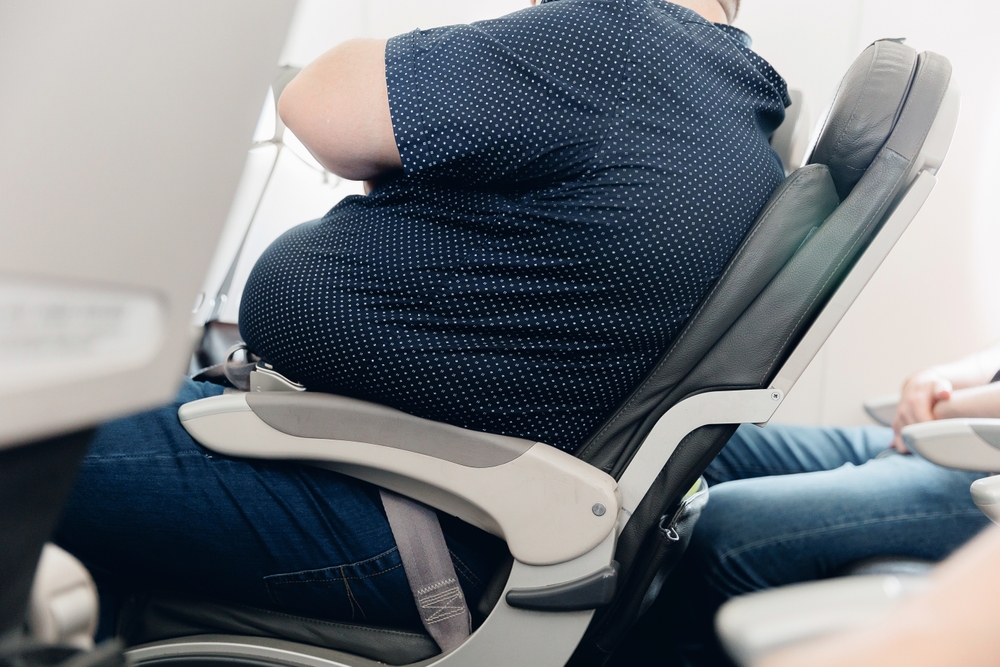
Airlines continue reducing seat width and pitch to maximize passenger capacity within existing aircraft. Standard seats become increasingly uncomfortable for travelers of average size, creating demand for premium options.
Basic economy models spread across carriers as airlines segment service levels to extract more revenue from each flight. Passengers pay separately for features that were once included in ticket prices.
Profitable passengers subsidize baseline service costs through premium seating purchases, extra legroom fees, and additional charges for services that were previously complimentary.
Competition drives airlines toward similar fee structures rather than differentiation through customer-friendly policies, reducing passenger choice across the industry.
Business Model Shift Abandons Southwest’s Original Mission
Southwest built its reputation on affordable, accessible air travel with straightforward pricing and customer-friendly policies. Open seating and free perks once distinguished the airline from traditional carriers.
Budget carrier transformation into conventional airline eliminates competitive advantages that attracted loyal customers for decades. Profit maximization replaces customer satisfaction as the primary business focus.
Market positioning becomes unclear as Southwest adopts policies similar to airlines it once criticized. Brand identity confusion affects customer loyalty and marketing effectiveness.
Original mission of democratizing air travel conflicts with new policies that create financial barriers for passengers who don’t fit standard seating dimensions.
Southwest Airlines’ policy changes reflect broader industry trends toward fee-based service models that prioritize revenue over accessibility. Passengers who once enjoyed predictable, inclusive air travel now face complex calculations about extra costs and reduced flexibility. Whether these changes improve airline profitability while maintaining customer loyalty remains to be seen, but early reactions suggest significant challenges ahead for both travelers and the airline industry.
Loading...

